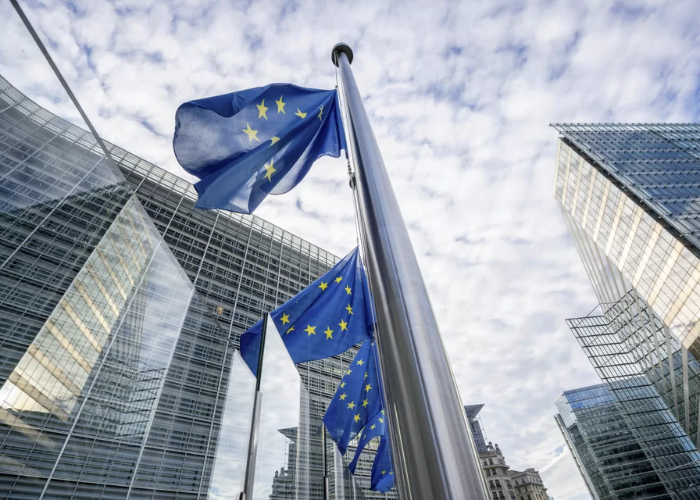EU Must Change Course: The Green Deal Cannot Be an Eternal ConflictBY ANTONIO PICASSO
- 25 June 2024
- Posted by: Competere
- Category: Senza categoria

Last Monday, with the spotlight on the European Council of Heads of State and Government, EU Environment Ministers gave the green light to the Nature Restoration Law, along with other key measures of the Green Deal (green claim and packaging). However, the vote shook the eco-friendly policies of the outgoing Commission. The Nature Restoration Law passed, but with opposition from Italy, Hungary, Poland, the Netherlands, Finland and Sweden (Belgium abstained). All significant partners for the Union. This should make Ursula von der Leyen reflect on how to manage negotiations for her not-guaranteed reappointment as Commission President.
Especially since the approval of the law was due to Austrian Environment Minister Leonore Gewessler (Greens), who was later accused of insubordination by her Prime Minister, the popular Karl Nehammer, who had given her completely different instructions. They will sort out the issue in Vienna, but in Brussels, it must be understood that the Green Deal cannot continue to be a source of permanent conflict. Between conservatives and greens, businesses and environmentalists, moderates and idealists. This is a pointless dialectic for everyone. The Nature Law states that EU countries must restore at least 30% of habitats in poor condition by 2030, practically the day after tomorrow. In this climate of appointments, with the Cencelli manual translated into all European languages, the absence of how these ambitions will be realized is noticeable. Whether the maximalist path prevails, or a more accommodating one is taken.
DECISIONS ON OTHER DOSSIERS
The decisions on the other two dossiers were more technical in nature. However, it would be a mistake to attribute them less importance. On the contrary, in a cultural and social context where sustainability is increasingly at the center of consumer choices, EU regulations on how a product is positioned in the market have much more immediate impacts than the lofty goals discussed in the Nature Law. Nomisma notes that, in the last three years, 51% of Italians have made environmentally sustainable purchasing choices. This indicates that businesses must communicate to consumers how the product was made, avoiding misleading labels. Various “free from” claims, palm oil and sugar first of all, have no value. Neither nutritional nor environmental. It is right, therefore, to treat them as misleading greenwashing operations.
AGAINST FOOD WASTE
On the other hand, just as consumers are susceptible to label information, they are also sensitive to product quality and preservation. And here packaging comes into play. Too much plastic is harmful to the environment, but it preserves food, reduces the use of preservatives, and contains waste. So, what do we do? Brussels’ stance on Monday seemed wait-and-see. The final communiqué speaks of a “general approach aimed at mitigating food waste”. Words that can mean everything or nothing. The EU is caught between two fires. Scandinavian countries are pushing for the dominance of reusable packaging. But Italy, the homeland of plastic since the days of Giulio Natta, has been the European leader in recycling for years. Do we really want to abandon such a useful material in our daily lives to landfills? And replace it with what? But again: how much sense does it make to pit two technologies against each other – reuse and recycling – both of which are virtuous? In a few days, there will be the handover of the rotating presidency. After Belgium comes Hungary. Orban is certainly not Ursula von der Leyen’s best friend. And even less so of her Green Deal. Yet it is on these and other issues that they will have to negotiate. Not just on names.
.
Article published in Italian on Il Riformista>>>
